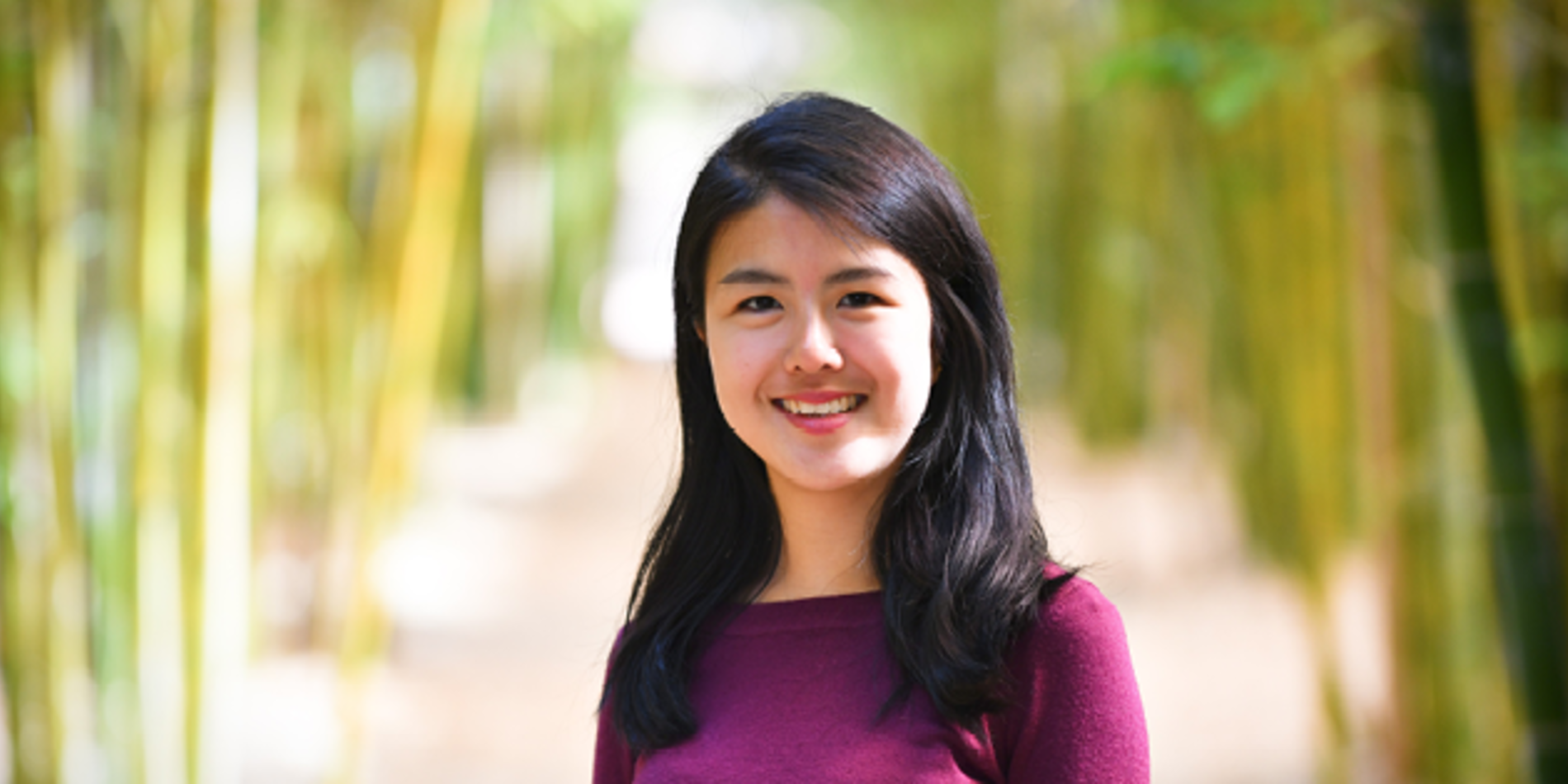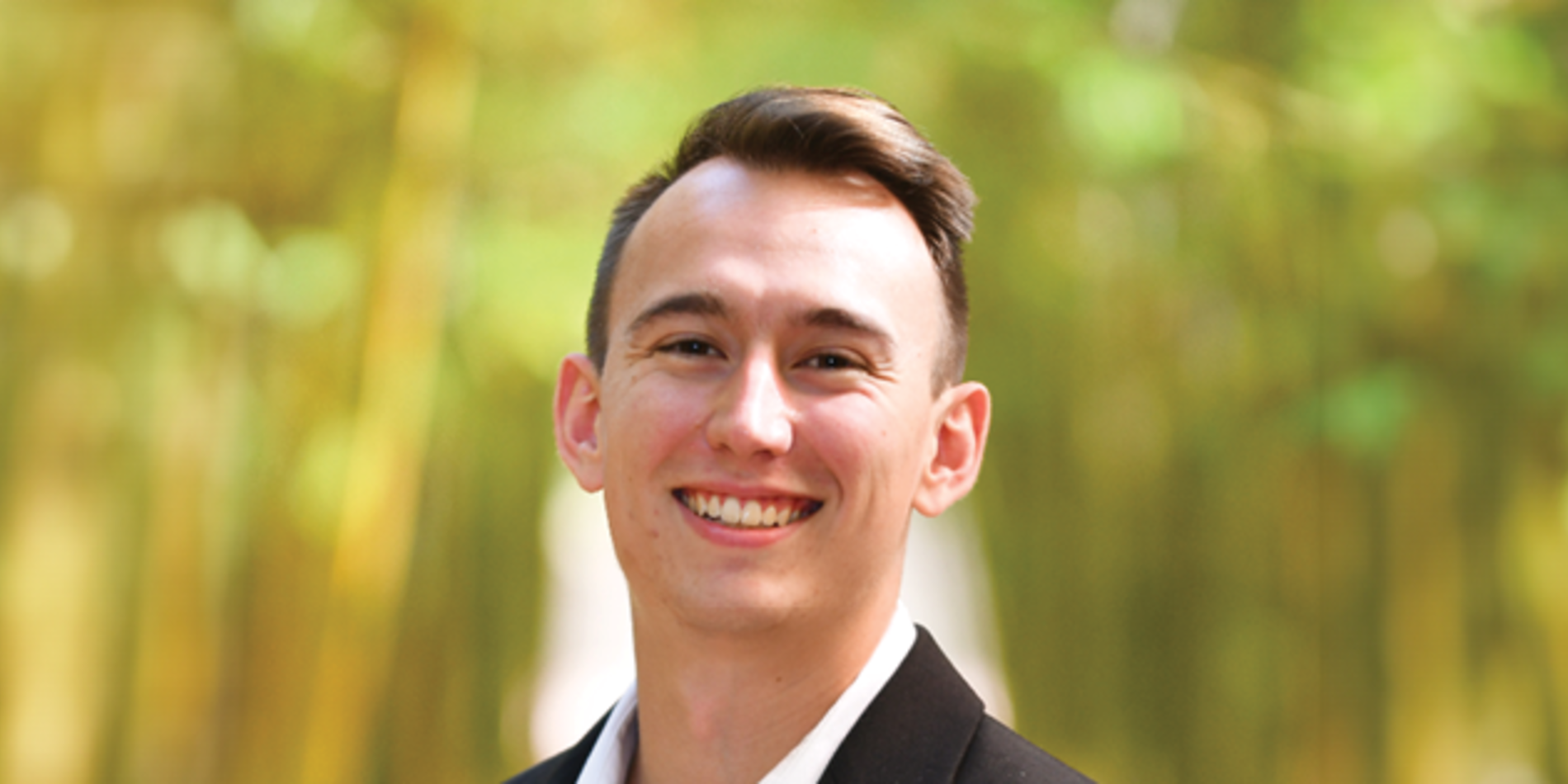Jen Hofmann | Student Spotlight

Jen Hofmann
PhD Candidate
Chemical Engineering
"I was first bitten by the research ‘bug’ during a year-long high school internship in an RNA biology lab at the NIH, where I designed siRNA therapeutic nanoparticles in an iterative loop between experiment and simulation. This experience showed me how computation can be leveraged to accelerate discovery and testing of therapeutic drugs. After later research in an academic soft matter theory lab and multiple biopharmaceutical companies, I knew I wanted to pursue my PhD at the intersection of the life sciences and computational physics.
I chose to come to Stanford because of the unmatched caliber of research in both areas and the focus on collaboration and camaraderie that I felt within the department. Once here, I joined the lab of Professor Roseanna Zia, where my research focuses on developing predictive computational models to connect microscopic details of protein interactions to bulk suspension properties and cellular behaviors, including translation elongation and antibody drug formulation. One of my favorite aspects of my PhD has been working collaboratively across disciplines and translating between the ‘languages’ of suspension mechanics and cell biology. I’ve been lucky to work with amazingly bright and kind people, both in the Zia Lab and through our collaborations with the Endy Lab at Stanford and a global consortium of industrial and academic groups based in Lund, Sweden.
Teaching and mentoring have also brought a lot of joy to my experience at Stanford. I was a mentor for a summer REU student in 2020, and a TA for undergraduate transport (CHEMENG 120B) and graduate suspension mechanics (CHEMENG 442). We fully redesigned the course the second quarter that I TA’d CHEMENG 120B, and it was so fulfilling to see the improvements in student understanding after the overhaul. Expanding the reach of and access to science is also important to me; outside of the department, I’ve mentored LGBTQ+ undergraduates through Stanford oSTEM and served for two years as the student representative on the Society of Rheology’s Diversity, Equity, and Inclusion Committee. After my PhD, I hope to return to the biopharmaceutical industry and leverage what I’ve learned at Stanford to improve the design and formulation of protein therapeutics and continue mentoring and teaching via an adjunct or lecturer position."


